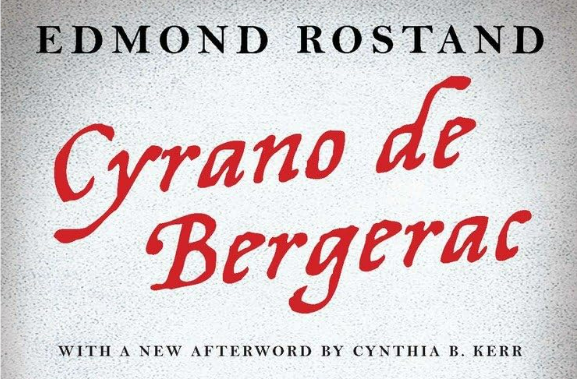Scene 4. V.
byScene 4. V. in Cyrano de Bergerac is a powerful and exhilarating moment that brings together the emotions of love, duty, and danger. Roxane’s unexpected arrival at the siege stirs both concern and joy among the soldiers, Cyrano, and Christian. Her declaration of loyalty to “King Love,” even in the midst of war, showcases her unshakable resolve and her ability to bring warmth and light to a situation filled with uncertainty. While Cyrano feels both joy and apprehension at seeing her, Christian is torn between love for her and fear for her safety, creating an emotional tension that drives the characters. De Guiche, representing authority, questions Roxane’s decision to be among the soldiers, but she remains unfazed, demonstrating her courage and commitment to love. Her resilience is shown in her determination to stand by Christian, despite the dangers she faces.
Roxane’s journey to the frontlines is a blend of whimsy and gravity. She narrates the devastation around her, shifting the atmosphere from romantic to somber as she acknowledges the realities of war. Her lighthearted remark about her carriage being like Cinderella’s pumpkin chariot in the midst of destruction serves as a stark contrast to the brutality of the battle. Despite this, she maintains her charm and affection, blowing Christian a kiss, a symbol of enduring love that transcends the grim surroundings. This juxtaposition highlights Roxane’s character as someone who refuses to be overwhelmed by fear or tragedy, showing that love can survive even in the most dire circumstances. Her ability to keep her spirits high amidst destruction underscores the theme of love’s power to endure, even when confronted by the harshest realities of life.
The chapter paints a vivid picture of Roxane’s character, illustrating her blend of courage and naivety. Her determination to be with Christian, coupled with her ability to maintain her humor and optimism, makes her a central figure in the narrative. As she moves through the battlefield, passing through the Spanish lines, her journey becomes symbolic of the strength that comes from love and loyalty. This act of defiance against the backdrop of war not only showcases her resourcefulness but also subtly critiques the way women’s contributions have often been underestimated in times of conflict. Through Roxane, the narrative explores the complexities of love, the absurdities of war, and the strength of the human spirit, suggesting that the most powerful force in times of turmoil is not just the might of armies but the enduring bond of love.
This chapter deepens the exploration of key themes in Cyrano de Bergerac, such as love’s ability to transcend circumstances, the absurdity of war, and the quiet strength found in loyalty. Roxane’s presence amidst the soldiers highlights the deep emotional connections that persist even in the most difficult times. Her courage and her capacity to bring hope to others emphasize the power of individual strength in the face of overwhelming odds. By portraying Roxane’s determination to follow her heart and remain by Christian’s side, the narrative reinforces the notion that love, not just physical strength, is a force that can change the course of events.
In addition to illustrating the emotional struggles and triumphs of love, this chapter also offers valuable insights into the resilience of the human spirit. Roxane’s ability to maintain her composure, even in the face of danger and the tragic circumstances of war, reminds readers of the importance of hope and persistence. Studies in psychology suggest that individuals who have strong emotional connections and a sense of purpose are better equipped to handle adversity. Through Roxane’s actions, readers are encouraged to reflect on the power of love and loyalty to provide strength during challenging times.


